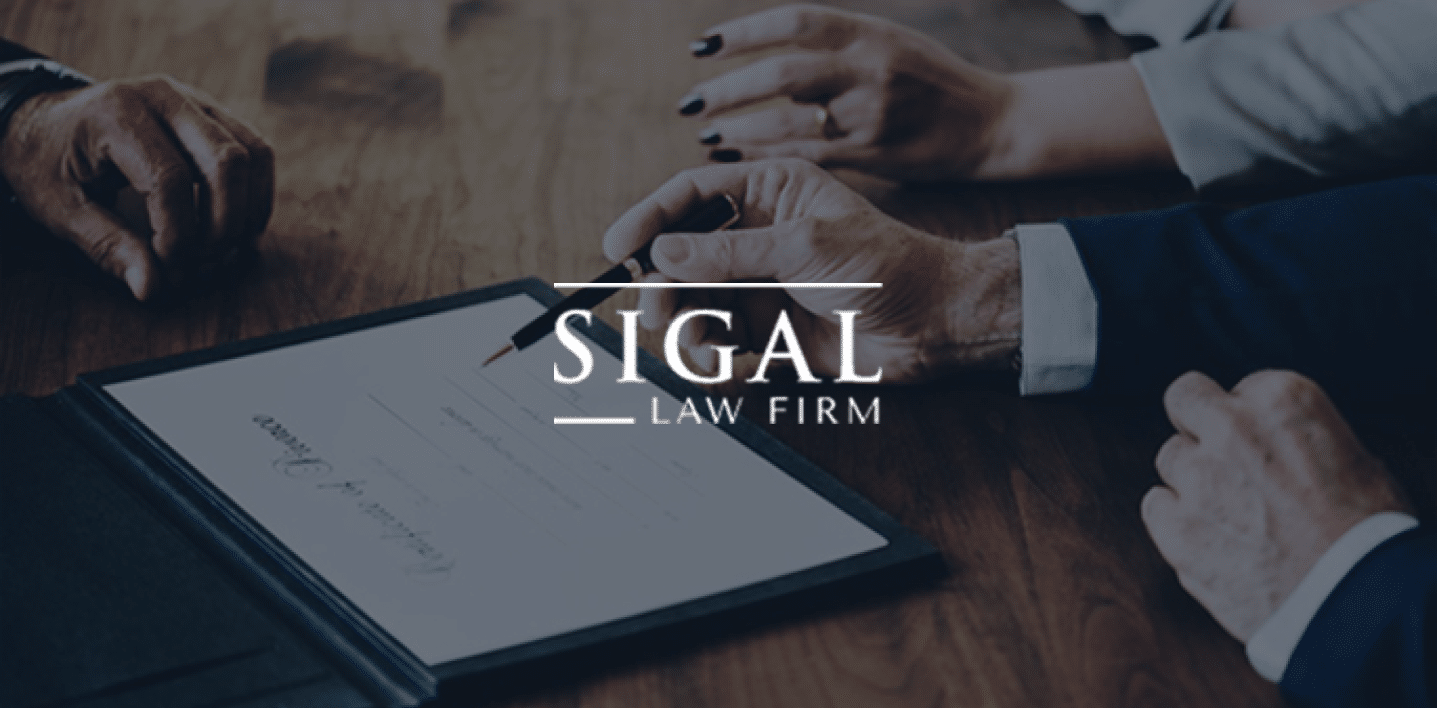Student loans have always been challenging to deal with in bankruptcy, but recent changes might make it easier to get relief. If you’re struggling with overwhelming student loan debt, here’s a simplified breakdown of the process and what it means for you.
What Changed?
In November 2022, the Department of Justice issued new guidance to make it easier for some borrowers to discharge student loans in bankruptcy. The goal is to provide consistency and fairness while reducing unnecessary hurdles for those who genuinely cannot pay.
How Does It Work?
To have your student loans discharged, you need to prove that repaying them would cause “undue hardship.” The government now uses three key factors to determine this:
- You Can’t Afford the Payments Right Now
Your income and expenses show that you can’t maintain a basic standard of living while making student loan payments. - Your Situation Isn’t Going to Change
Your financial struggles are likely to continue for a significant part of the repayment period. - You’ve Tried to Pay
You’ve made efforts to manage your student loans, such as applying for deferment, forbearance, or income-driven repayment plans.
What’s the Process?
- File for Bankruptcy: This starts the legal process to address your debts.
- Adversary Proceeding: A separate lawsuit within your bankruptcy case specifically for student loan discharge.
- Provide Information: You’ll complete an attestation form detailing your financial situation, loan history, and efforts to repay.
- Government Review: DOJ and Department of Education attorneys evaluate your case and may recommend discharging your loans if you meet the criteria.
What Are the Chances?
The new guidance makes discharge more achievable, but it’s still a case-by-case process. For example, in 2023, over 97% of cases reviewed under the new rules resulted in full or partial loan forgiveness.
What Should You Do?
If you’re considering bankruptcy to address student loans:
- Gather Your Documents: Include proof of income, expenses, and loan statements.
- Talk to an Attorney: Every case is unique, so having an expert guide you is crucial.
- Be Honest: Courts and government attorneys want to see that you’ve made a genuine effort to manage your debt.
The path to discharging student loans isn’t simple, but the new rules offer hope for borrowers in dire financial situations. If you have questions or want to explore your options, contact us at Sigal Law Frim. Together, we can assess your situation and work toward a fresh financial start.
















